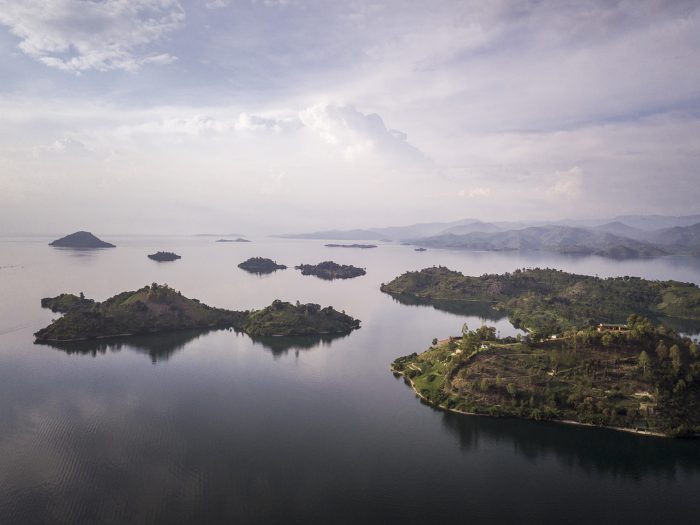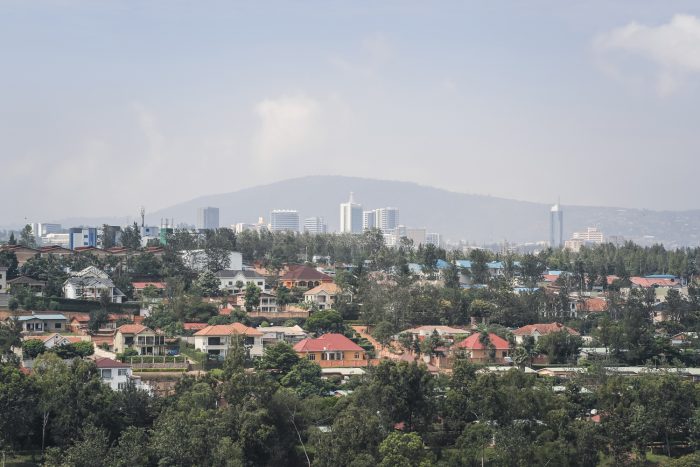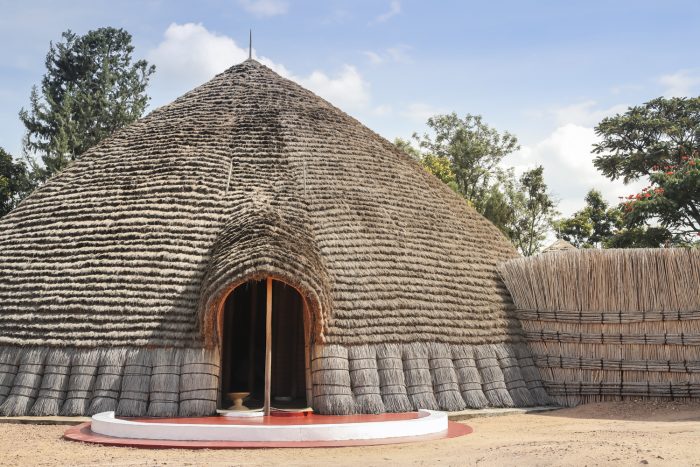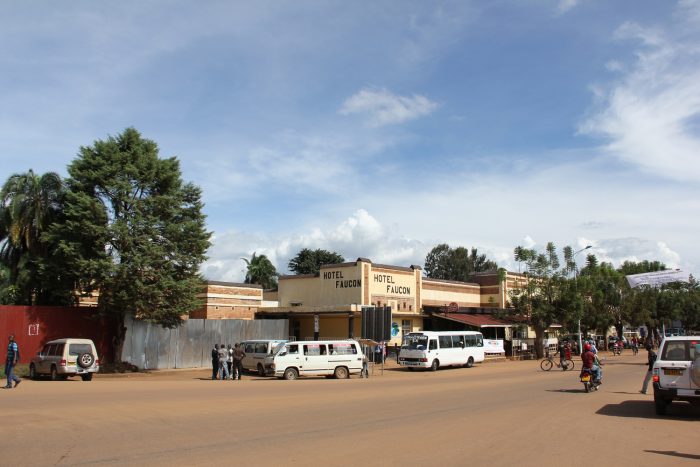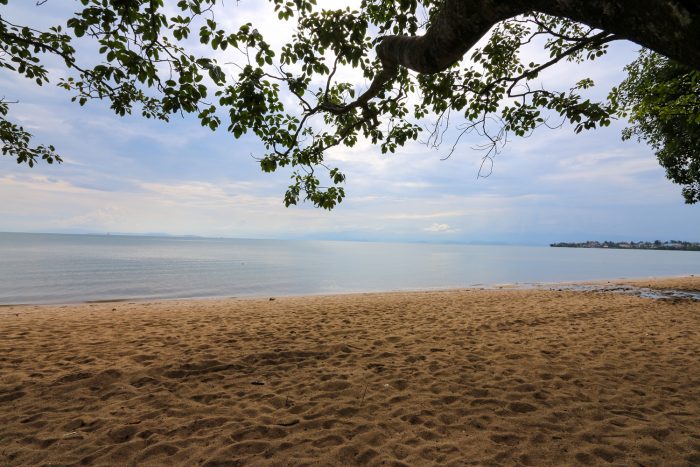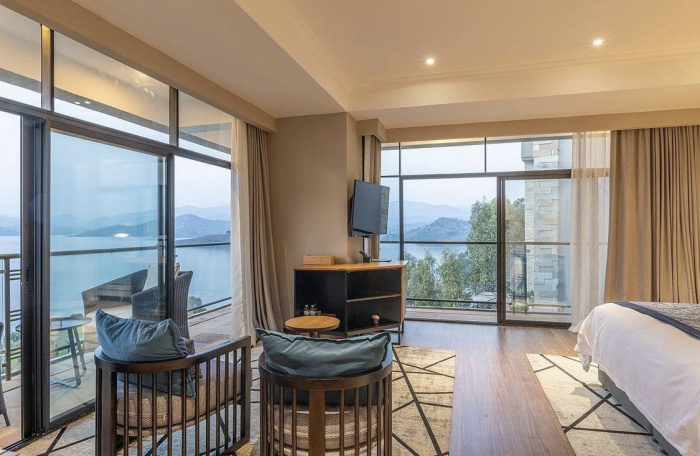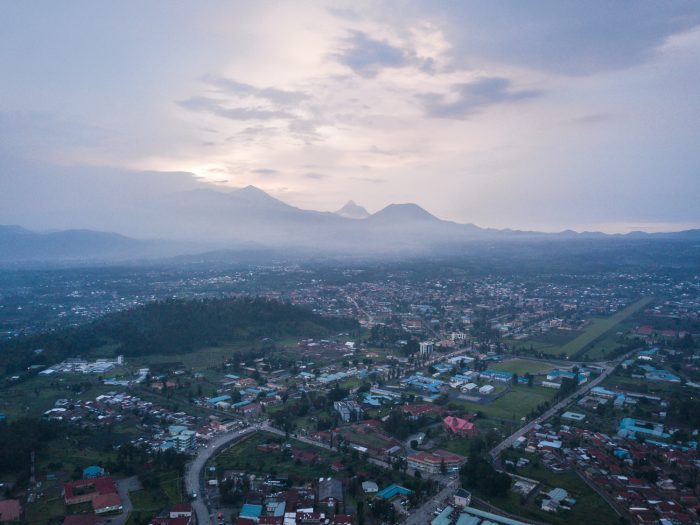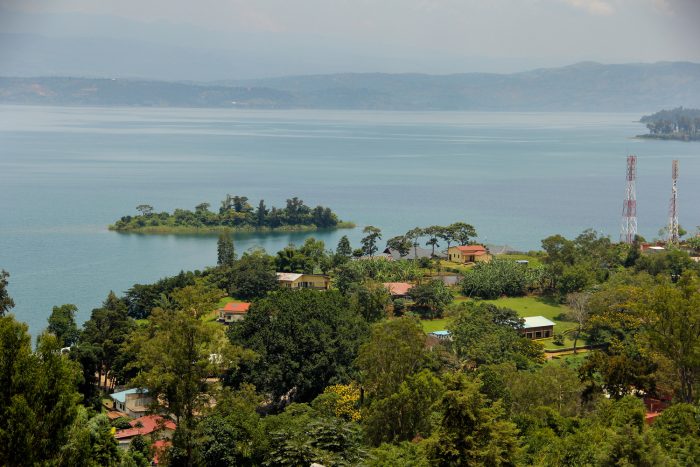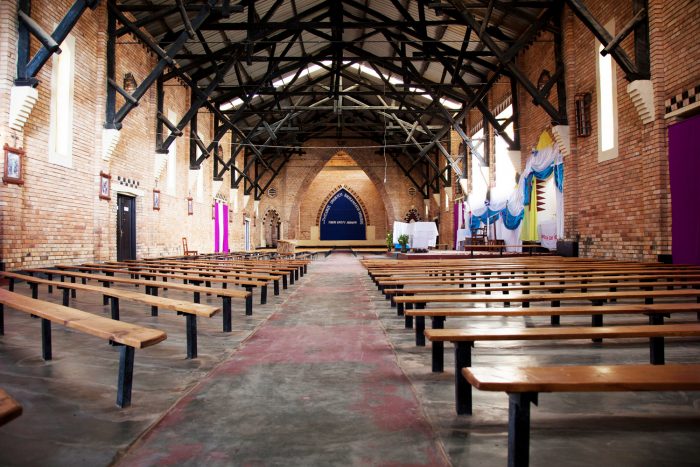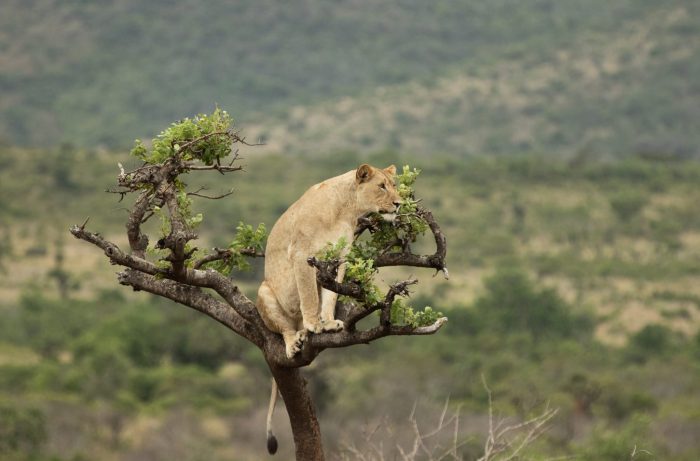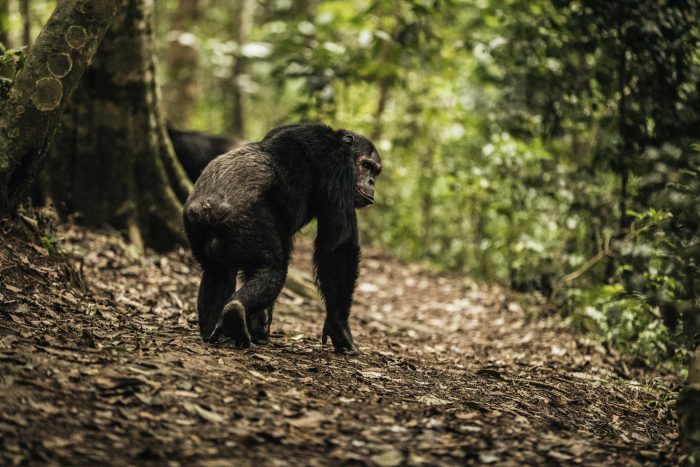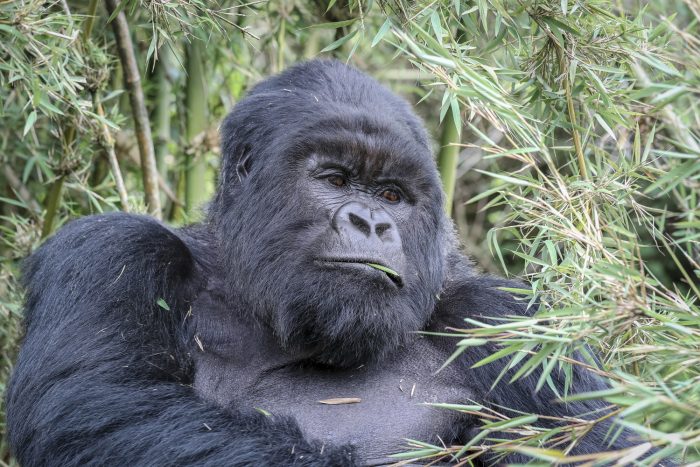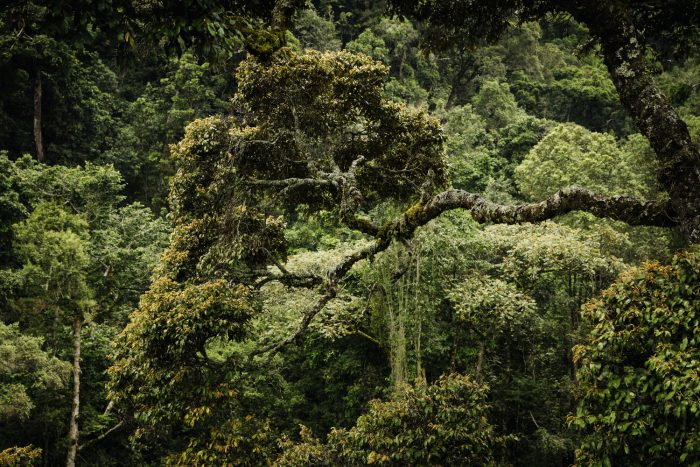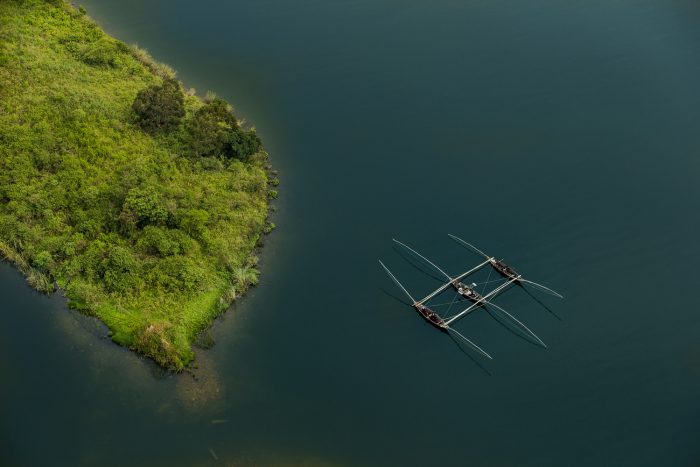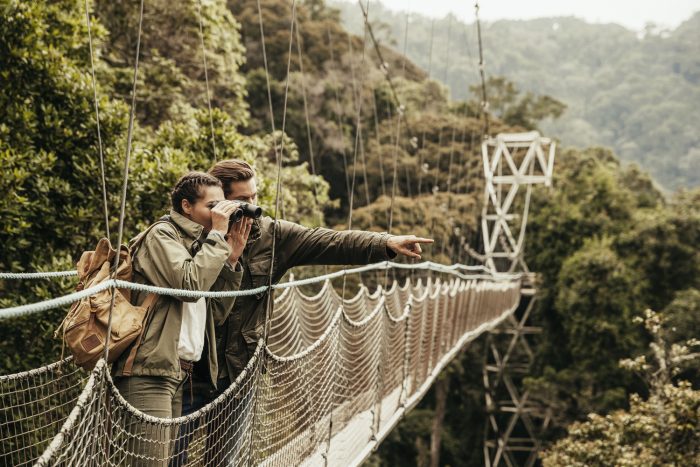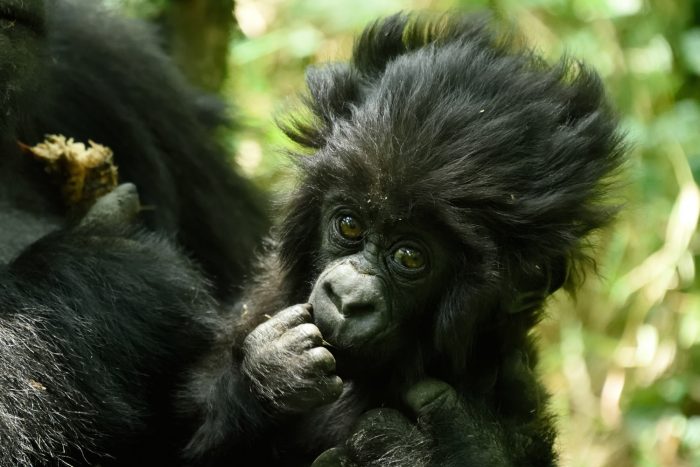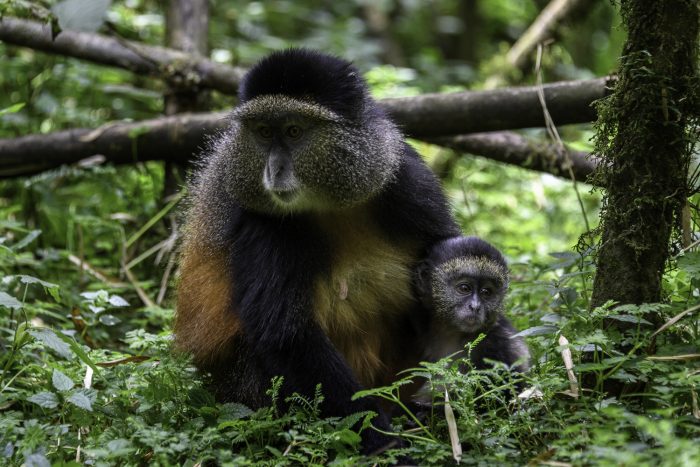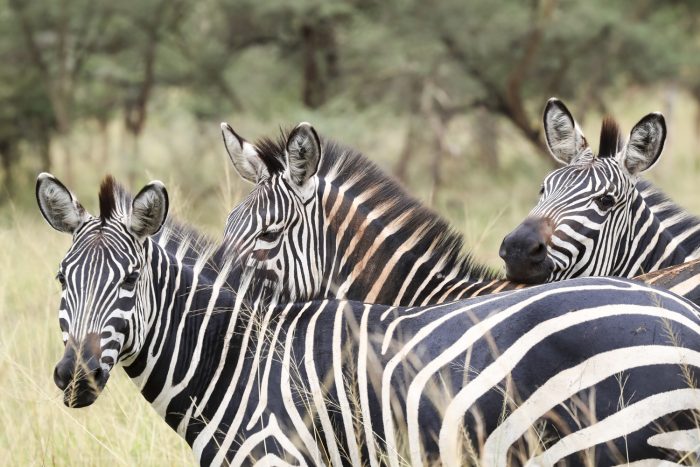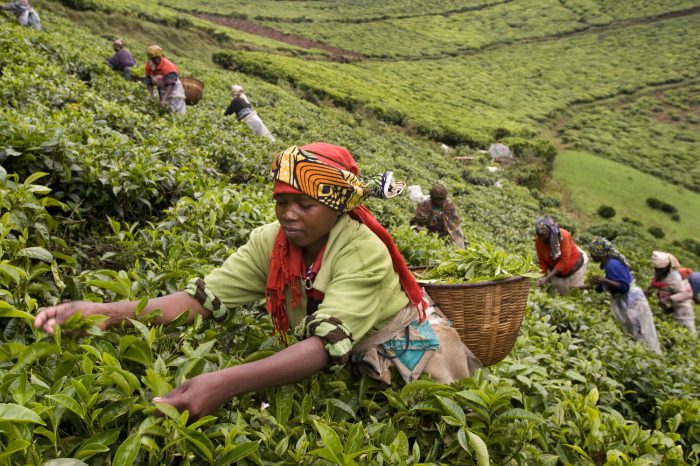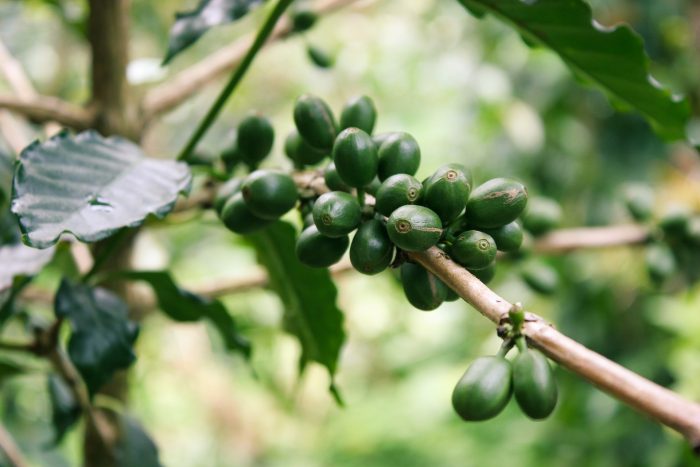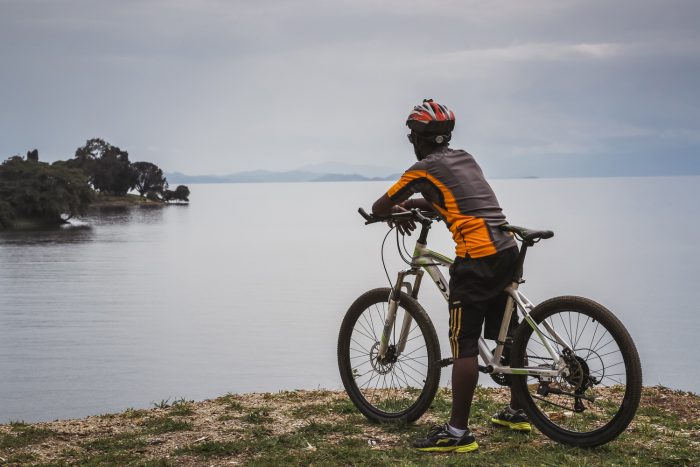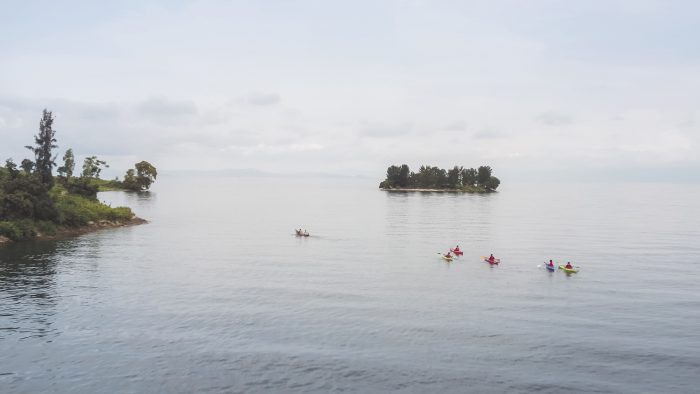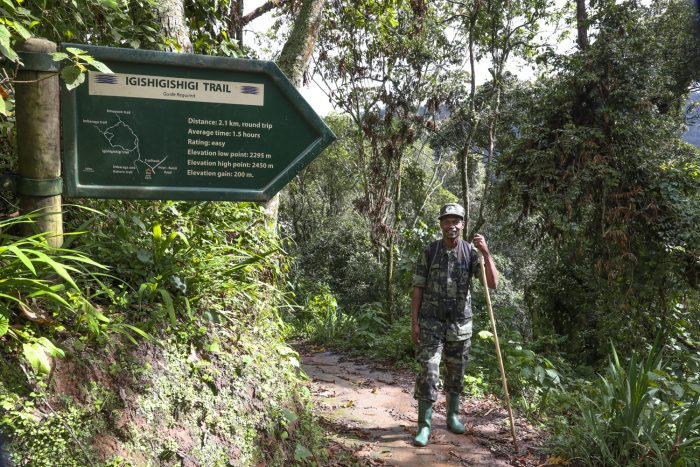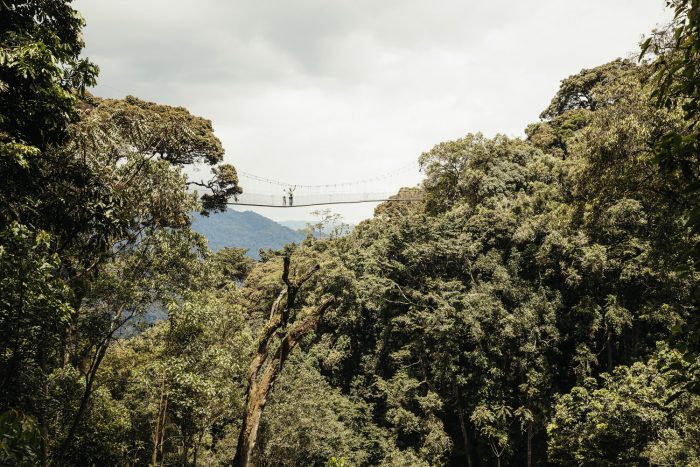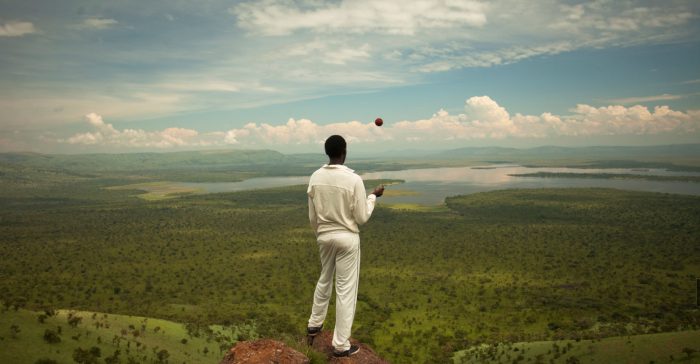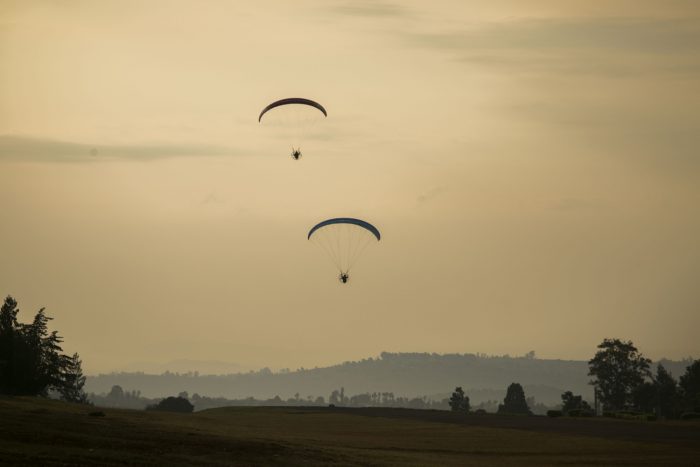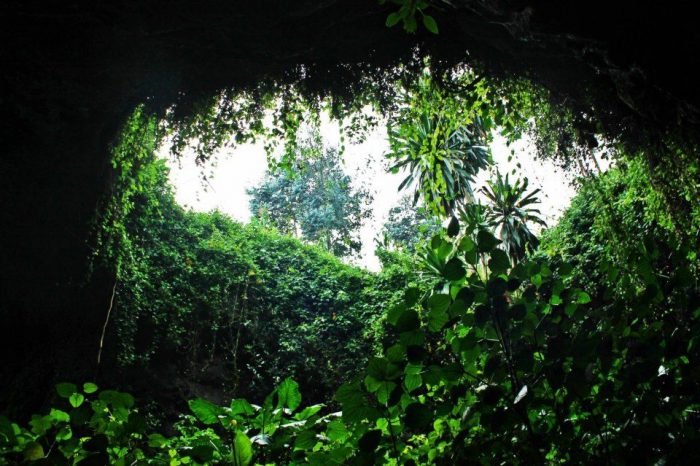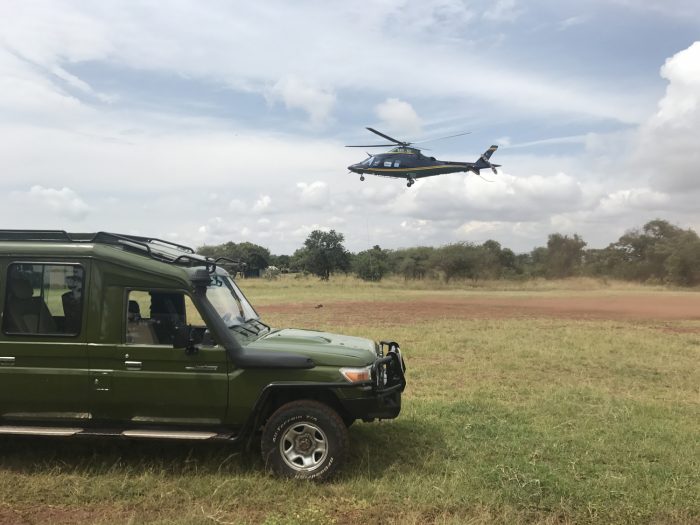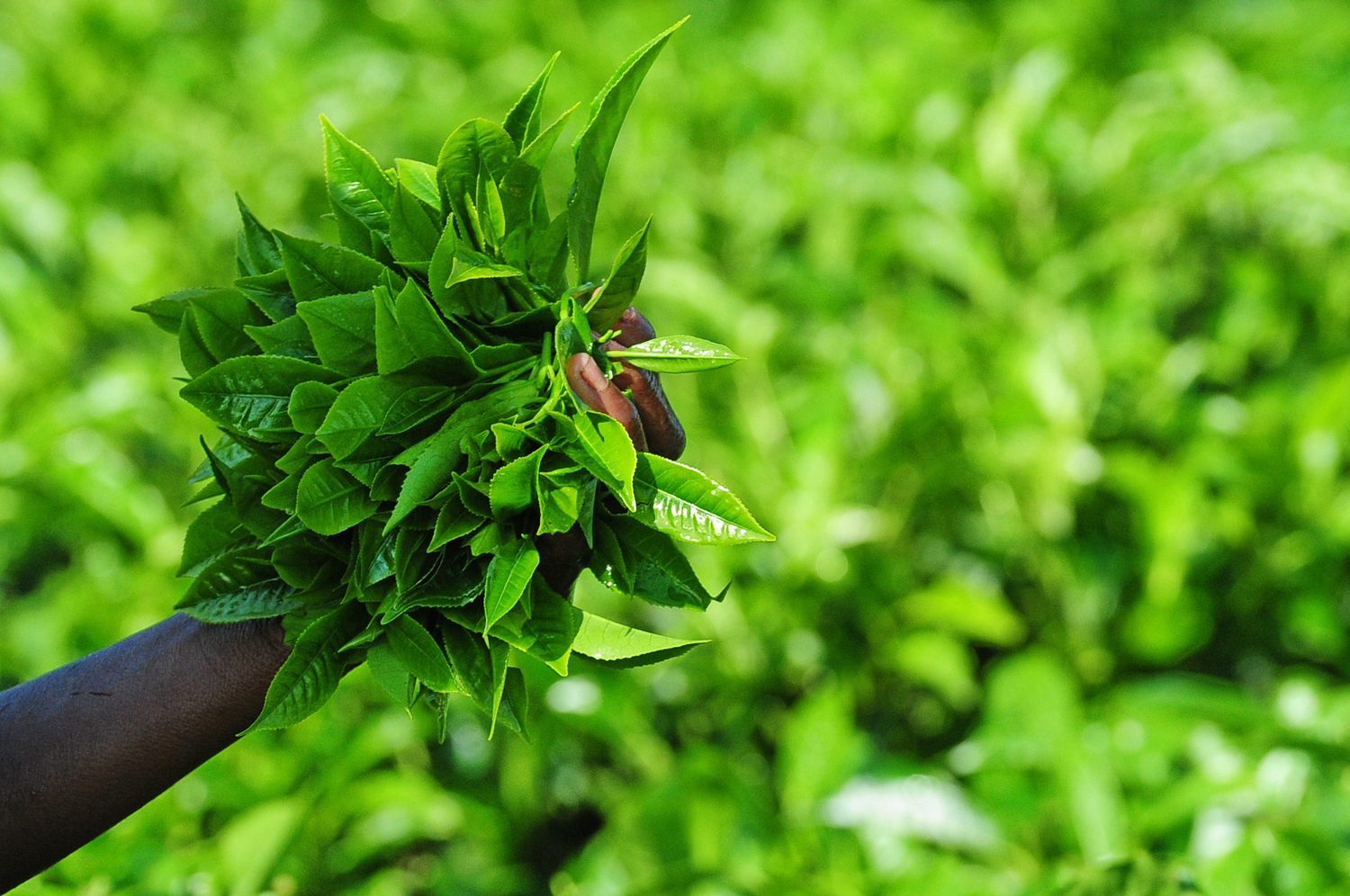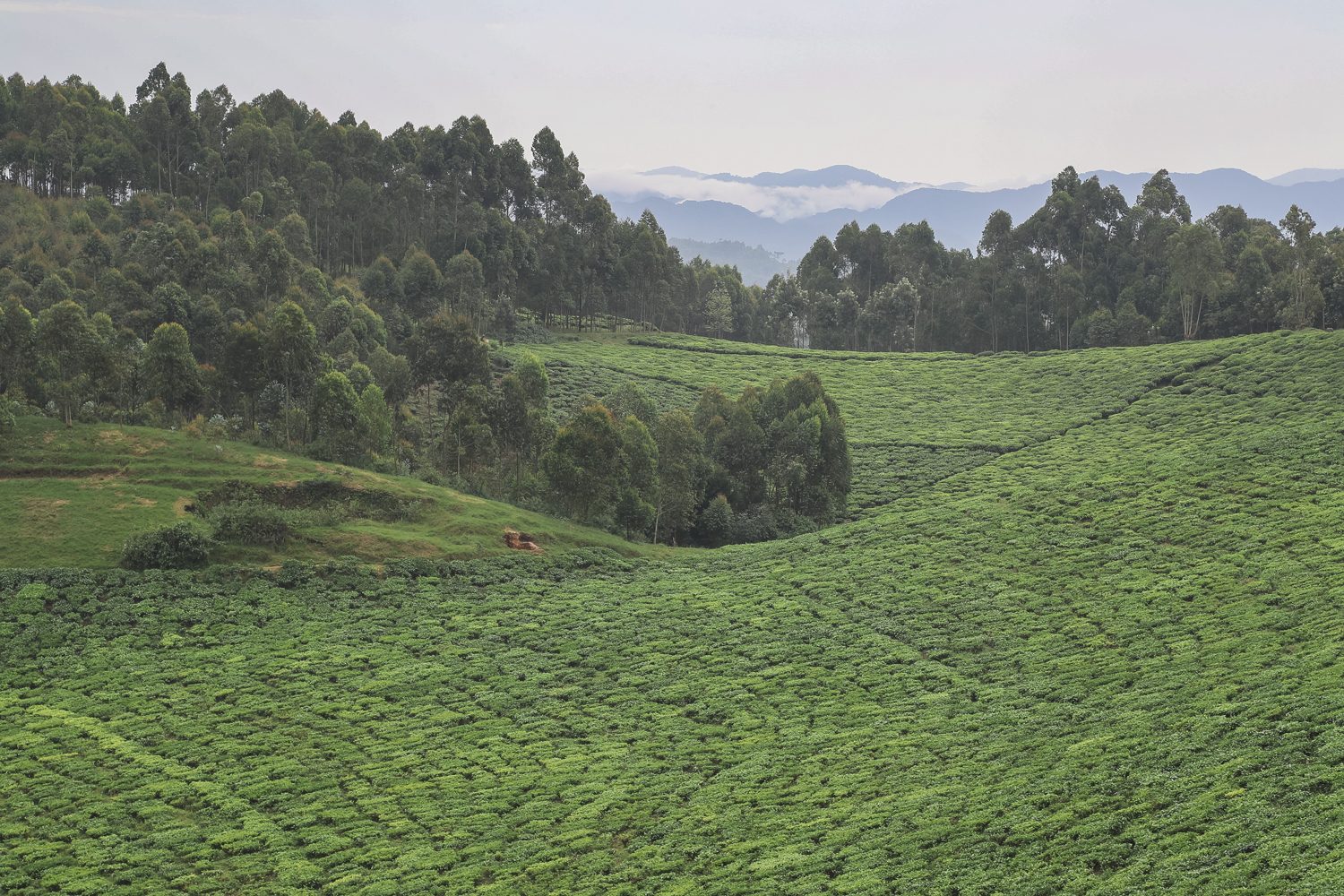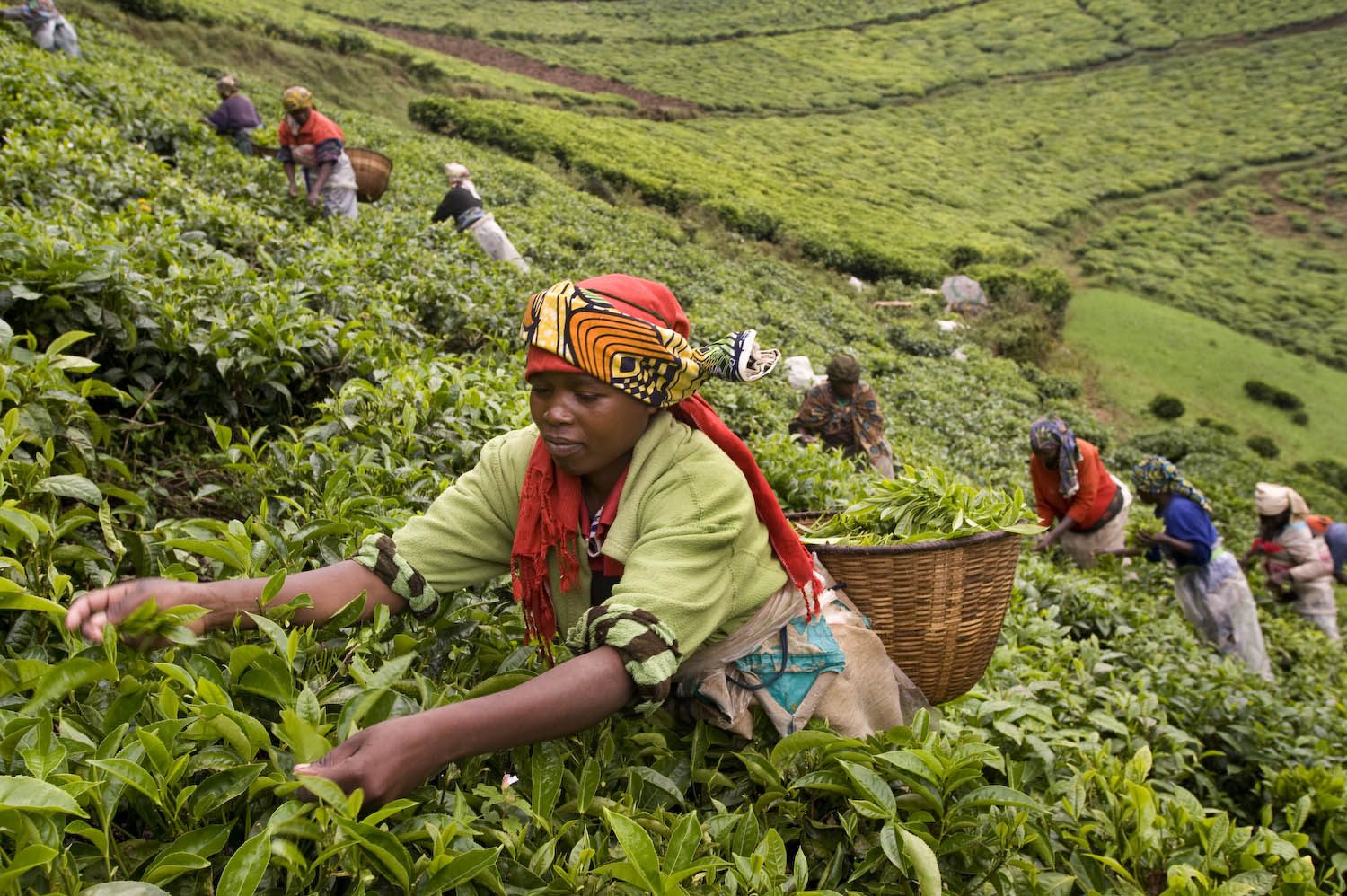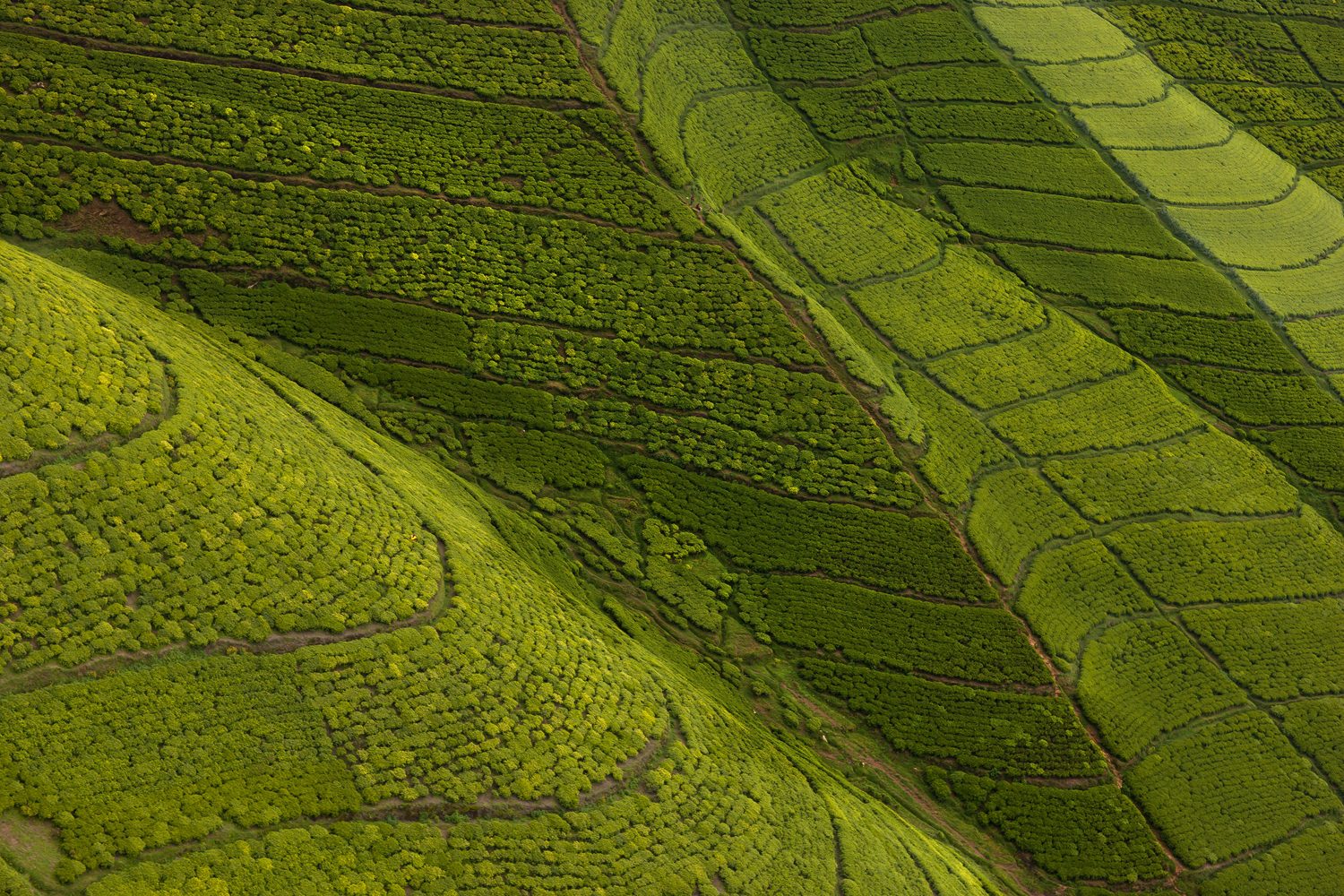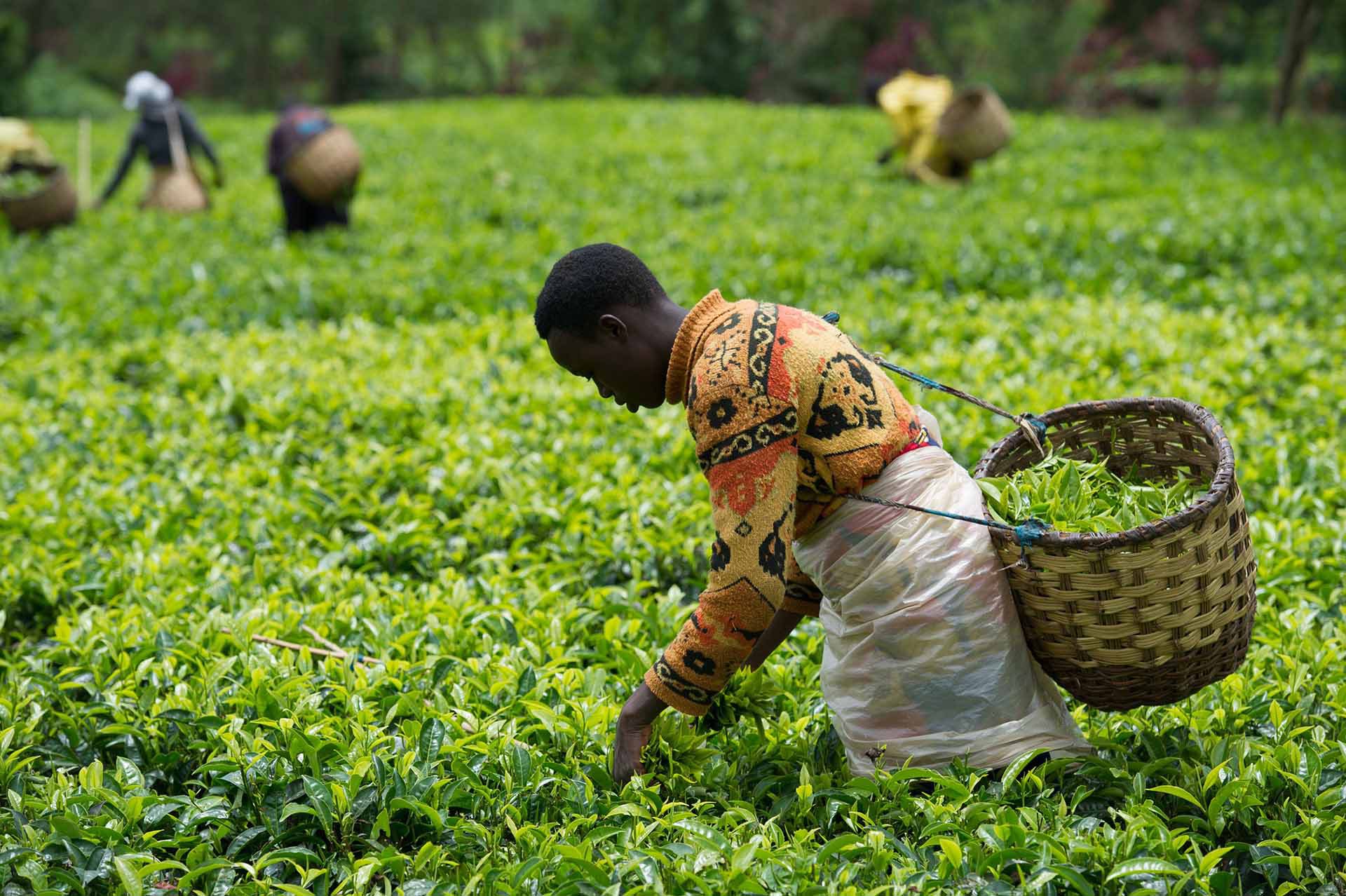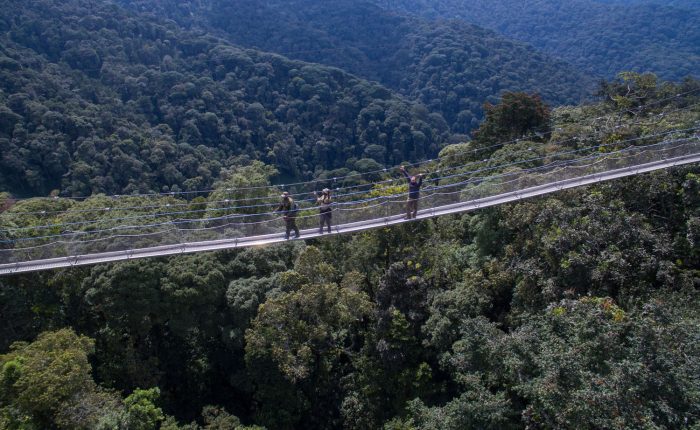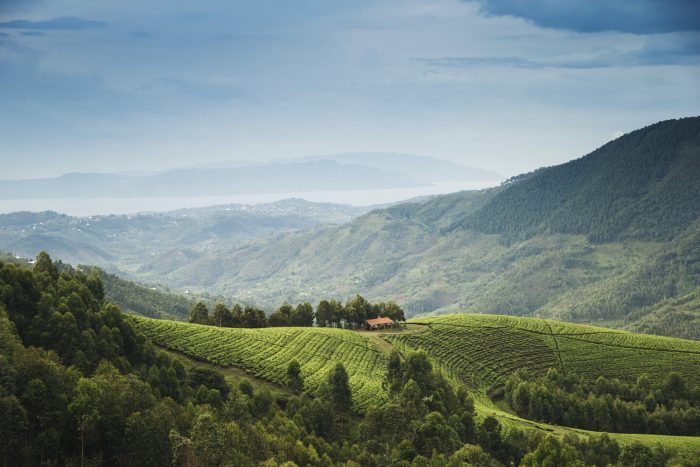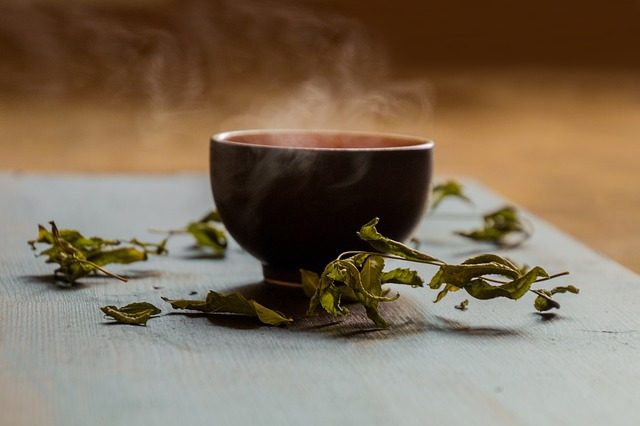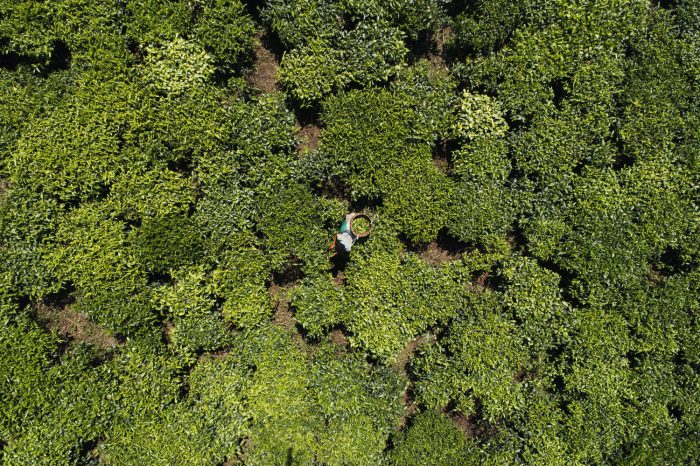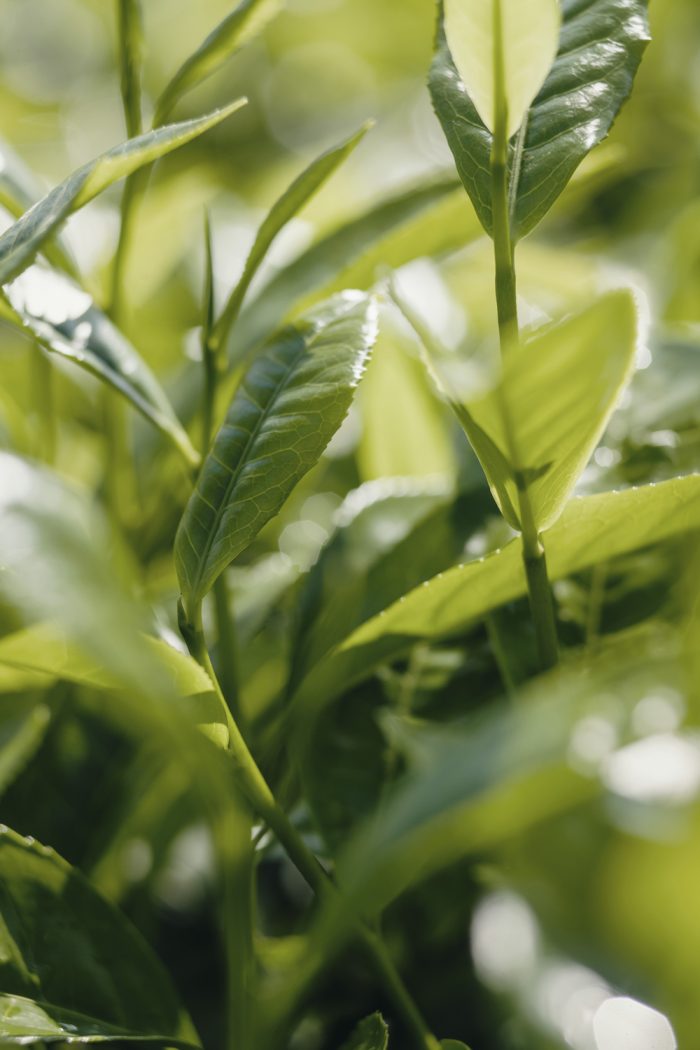Tea
Tea was introduced in Rwanda in 1952 and is now one of the country’s largest exports. The fertile volcanic soil and temperate climate make for perfect tea growing conditions.
The majority of tea is cultivated on large plantations, with a small contribution from tea cooperatives and private growers. Tea plants can be seen covering the rolling hills, their rich green a striking contrast to the blue skies, dirt roads and sunshine.
Tea leaves are processed in a dozen tea factories across the country. A number are open to the public, enabling visitors to discover how tea is harvested and processed, with the opportunity to taste the results.
Tea plantation tours take place in a variety of locations across Rwanda, with the major ones being around Nyungwe National Park – Gisovu and Gisakura.
Tucked away at the far northern edge of Nyungwe National Park, the shimmering fields and winding pathways of the Gisovu Tea Estate sit right up against the primeval Nyungwe forest, where the meticulous rows of tea draw a sharp contrast with the wild forest greenery just behind them.
The estate offers both day tours and accommodation, so after a tour of the grounds and cupping ceremony, those with time to spare can unwind here, mountain bike through the grounds, or simply soak up the serenity over never-ending cups of the world’s finest tea.
Gisakura Tea
Hugging the undulating hills at the western fringes of Nyungwe Forest National Park, the Gisakura Tea Estate is among the most famous of Rwanda’s tea plantations, and certainly among the most beautiful. Tours and tastings are easily arranged, and while there is currently no accommodation on the plantation itself, there are guesthouses just a short walk or drive away.
Keep an eye out for the troop of Colobus monkeys which live in a patch of forest within the plantation.

